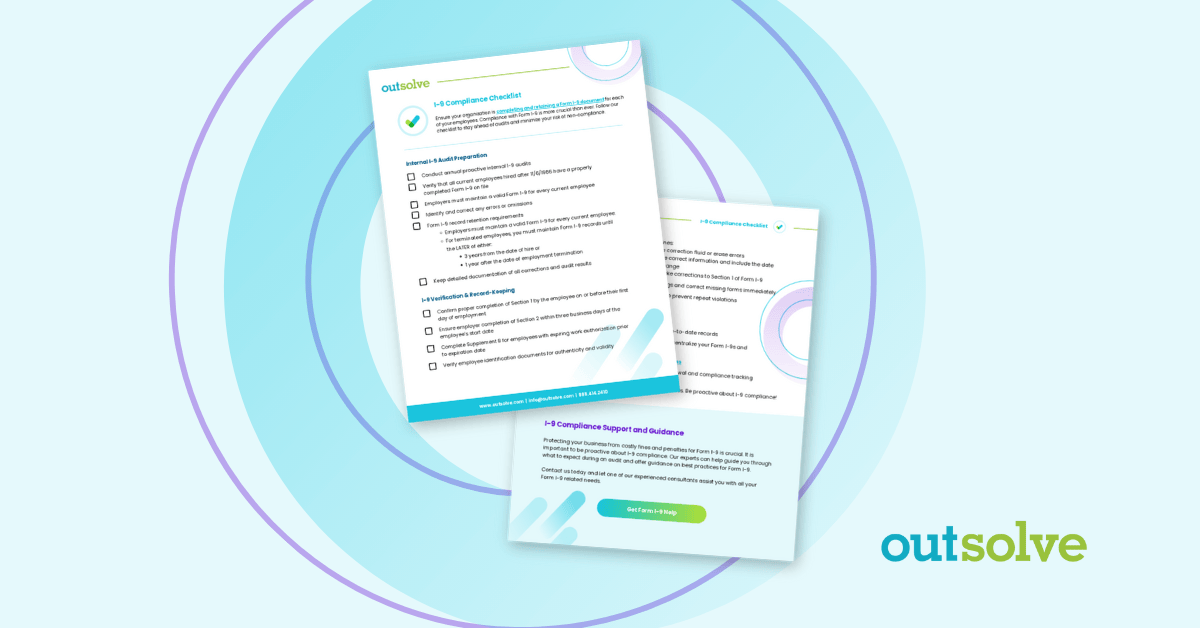FAQs address vaccinations in relation to the ADA, GINA and Title
On December 16, 2020, the EEOC updated the technical assistance questions and answers in its guidance titled “What You Should Know About COVID-19 and the ADA, the Rehabilitation Act, and Other EEO Laws.”
Key Takeaways
- Administering the vaccine by the employer or third party is not a medical examination prohibited by the Americans with Disabilities Act.
However, questions suggested by the CDC to be asked prior to administering the vaccine, may be considered by the EEOC as disability-related inquiries. Employers should be prudent and ensure that screening questions are job related and consistent with business necessity. To avoid this possibility, employers can either make the vaccination voluntary or require an employee to be vaccinated by a third party. According to EEOC, asking an employee to show proof that they received the COVID-19 vaccine is not a disability-related inquiry.
- Employers told by an employee that they cannot receive the vaccination because of a disability must determine if allowing the employee to return to work poses a direct threat to themselves or others.
Even with the determination of a direct threat, the employer may not automatically terminate the employee without determining if there is a possibility of a reasonable accommodation, e.g. continuing to work from home. In assessing whether a direct threat exists consider the following four factors: (1) duration of the risk, (2) nature and severity of the potential harm, (3) likelihood that the potential harm will occur; and (4) imminence of the potential harm.
- Vaccines and the Genetic Information Nondiscrimination Act (GINA)
If the process of administering the vaccine requires an employee to answer questions that disclose genetic information, those questions would be prohibited by GINA. All medical information obtained about an employee in connection with the vaccination process should be maintained confidentially.
- Vaccines and Title VII
Employers may provide an accommodation for religious objections to receiving the vaccine unless it imposes an undue hardship on the company.
EEOC suggests that managers and supervisors responsible for administering the company’s COVID-19 vaccination policy be able to recognize an accommodation request from an employee with a disability or a religious objection and know to whom to send the request for action.
Founded in 1998, OutSolve has evolved into a premier compliance-driven HR advisory firm, leveraging deep expertise to simplify complex regulatory landscapes for businesses of all sizes. With a comprehensive suite of solutions encompassing HR compliance, workforce analytics, and risk mitigation consulting, OutSolve empowers organizations to navigate the intricate world of employment regulations with confidence.
Weekly OutLook
Featured Posts

5 Key Compliance Items HR Can’t Afford to Ignore

HR Compliance Checklist: What Every HR Pro Needs to Know
Related Posts

I-9 Audit Checklist: Don’t Risk an Audit
Employers continue to be held to a higher standard when it comes to Form I-9 compliance, especially due to increased immigration enforcement and...

outRageous HR: HR Plans vs. Reality: Why Execution Falls Apart (and How to Fix It)
We all know the feeling. In Q4, strategic planning is in full swing, and the roadmap for the upcoming year looks pristine. You have a solid...
.png)
Beat the Rush: Outsource Federal Reporting Requirements in Q1
The beginning of the year usually feels like a fresh start that brings new business initiatives, goals, and strategies. The work you do between...

